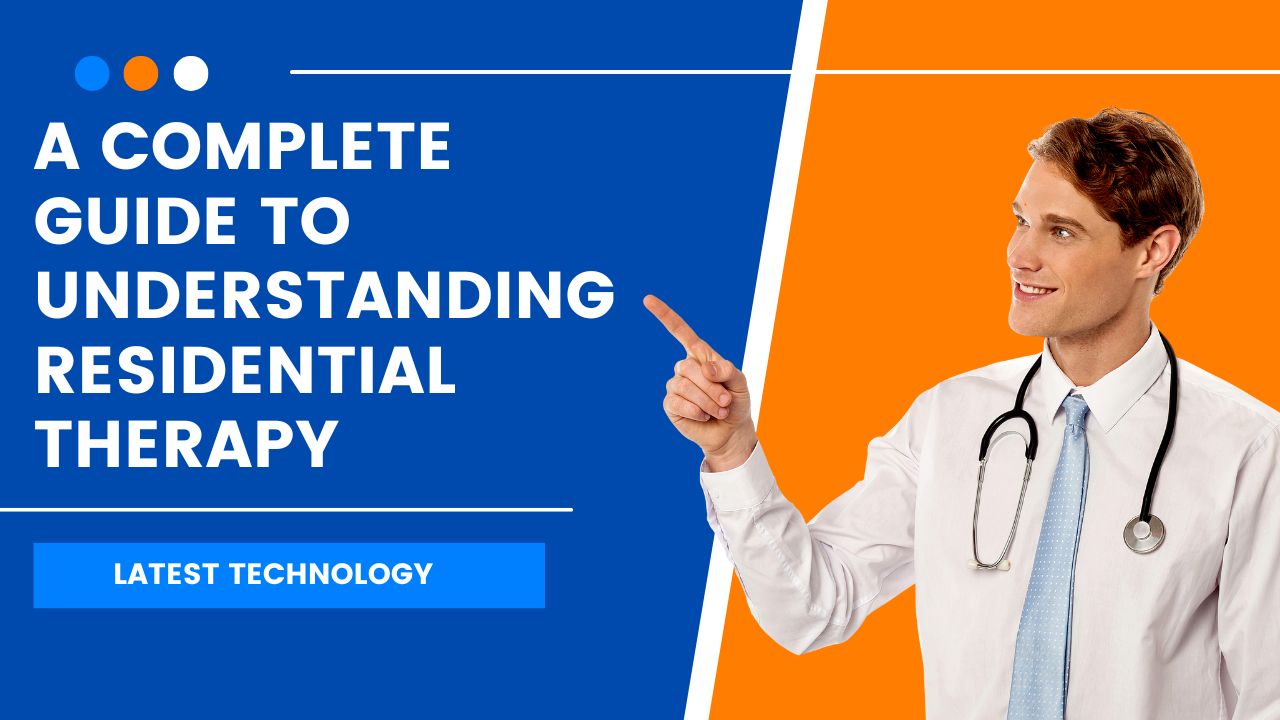Many people require more comprehensive assistance than outpatient counseling can offer to address their mental health and addiction difficulties. Residential therapy in Orange County and elsewhere is one option for those who require round-the-clock assistance for their recovery. This handbook is meant to educate and empower everyone, whether they are seeking support or are mental health professionals.
Residential Treatment Programs: Types
1. Residential Inpatient Care
For those with serious psychiatric disorders, chemical dependence, or other behavioral problems, this is the most intensive form of care that is currently accessible. Clients often receive intense counseling and medication management while residing at the facility around-the-clock in an inpatient residential treatment setting.
2. Residential Therapy Facility
Smaller, less demanding facilities known as therapeutic group homes offer continuing care to clients who have completed inpatient residential treatment programs. Even so, care is still given continuously, albeit in smaller groups.
3. Transitional Living
Clients who have finished an inpatient residential treatment program but still want extra care before going home can benefit from transitional living programs. The development of life skills and preparing clients for long-term success are the main goals of these programs.
The Advantages of Residential Therapy
1. Structured Setting
The fact that residential treatment offers a regulated atmosphere free from harmful influences like toxic relationships or environmental triggers is one of its most important advantages. Its structure encourages the development of regular routines and timetables, reinforcing the beneficial patterns necessary for sustained recovery.
2. Access to Specialists
A varied group of experts with expertise in addiction and mental health care work at residential treatment clinics. Through this access, effective treatment programs that are suited to the unique requirements of each patient can be created. To guarantee the best outcomes for individuals under their care, these specialists work closely together.
3. Peer Assistance
In a residential treatment program, patients live among others who are dealing with addictions or mental health issues similar to their own and who can relate to their experiences. Tenants can form important support networks by getting to know one another through common struggles on the road to recovery.
4. Put Recovery First
In an outpatient situation, one’s journey to recovery can be hampered by life’s difficulties. By allowing participants to completely concentrate on working through their problems, residential treatment eliminates distractions and promotes a recovery-centric perspective.
5. Services for Aftercare
After the residential portion of treatment is over, the majority of facilities provide assistance and aftercare. To facilitate a smooth transition and continued success after treatment, they may include continuous therapy sessions and interaction with support groups.
Programs for residential treatment are beneficial for whom?
If a person experiences any of the following problems, residential therapy may be required:
– Serious mental health conditions
– Addiction to drugs or alcohol
– Mental health and substance use diseases that coexist
– Concerns about behavioral or eating disorders
In general, residential treatment programs might be beneficial for those who require intense support in a structured atmosphere.
These integrated programs may also be helpful for those who have not had success with outpatient care, medicines, or individual therapy.
People may make educated decisions and confidently take the first step toward a better and happier future by embracing the knowledge they have learned from this book.
